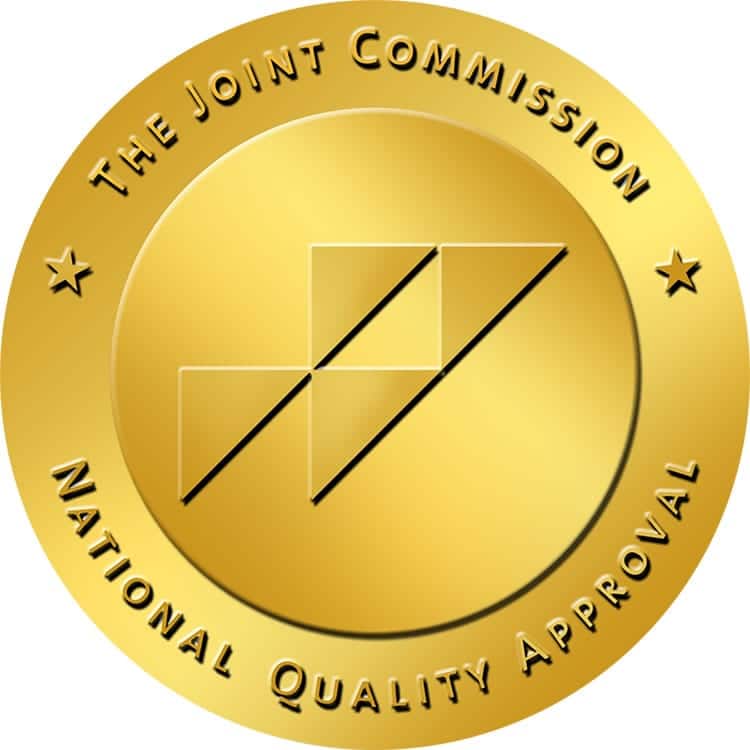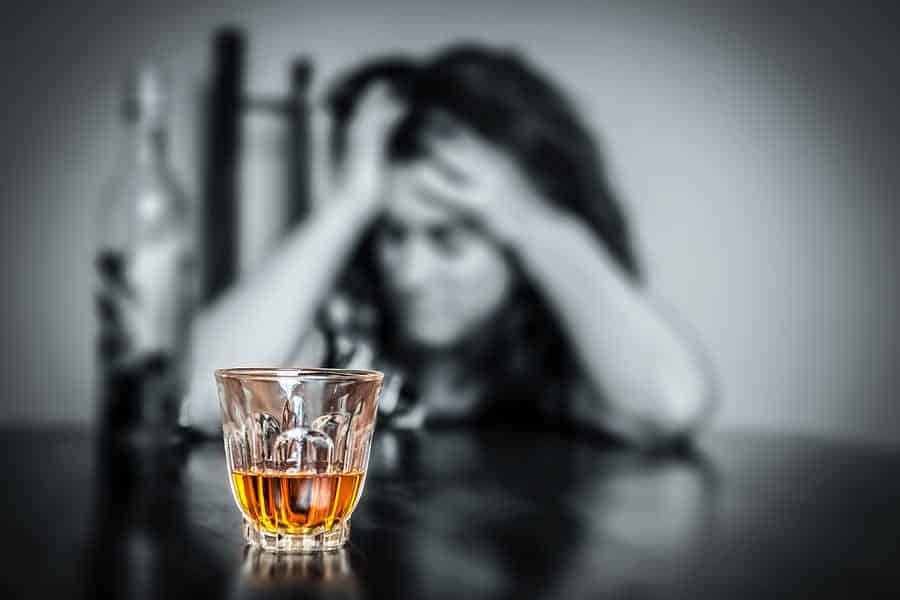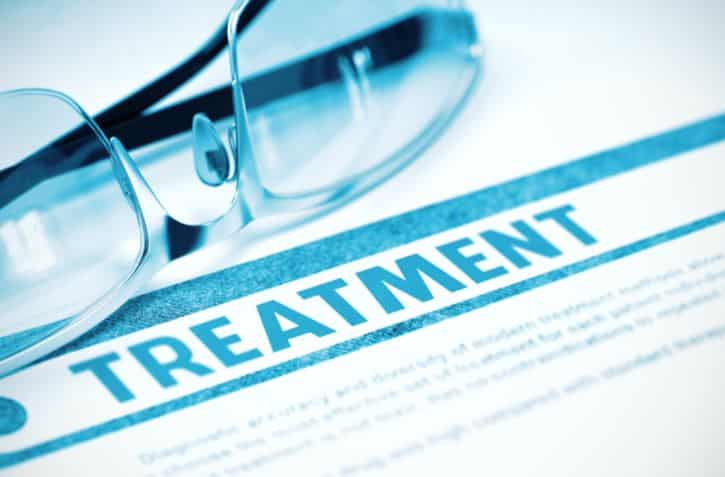
Did you know that three in every four people who struggle with addictions eventually end up recovering?
If you drink an excessive amount of alcohol and decide to stop, you will probably experience withdrawal symptoms for at least several days. But don’t let this hold you back from alcohol rehab.
To help you prepare for alcohol detox, we’ve written a guide that explains how long it will take for you to start feeling better. Keep reading if you are interested in finding out more.
What to Expect When You Stop Drinking
Everybody who goes through alcohol rehab will have different kinds of withdrawal symptoms that will set in at different times.
The most important circumstances that will determine how intense your withdrawal symptoms will be include your drinking history, age, and how much you weigh.
You might experience minor withdrawal symptoms several hours after you stop drinking. These symptoms will probably last for up to three days if you are a light drinker.
Heavy drinkers may experience these symptoms for up to a week after they stop drinking.
And even though it is very rare, some people experience alcohol withdrawal symptoms for up to a month after they stop drinking.
Once you are sober, expect to feel anxious and irritable for several days. You also might feel depressed, fatigued, and struggle to think clearly. Don’t be surprised if your body is shaky and if you experience mood swings.
Since alcohol withdrawal symptoms can be so severe, medical professionals recommend that alcoholics not try to detox without having the support of a doctor. It is a good idea to seek in-patient care.
Even if your withdrawal symptoms are minor enough for you to detox on your own, it is still a good idea to have somebody beside you in case you run into unexpected challenges.
How to Detox From Drinking Alcohol
If you do go an alchohol rehab center, there are several different medications that doctors might prescibe to you. Here are some of the most important medications that you should know about.
Bendodiazepines
Healthcare professionals prescribe these medications to people who are at risk of having siezures during alcohol withdrawal. The most common types of bendodiazepines are diazepam (Valium), alprazolam (Xanax), and lorazepam (Ativan).
Neuroleptic Medications
These types of medications prevent people from having seizures and from feeling agitated. They work by depressing nervous system activity.
Nutritional Support
It is common for doctors to prescribe micronutrients such as thiamine, magnesium, and folic acid. The main purpose of doing this is to help patients to replentish nutrients that are lacking from their bodies as a result of alcohol use.
The Timeline for Alchohol Withdrawal
You are likely to experience your first symptoms of withdrawal less than six hours after you stop drinking.
Between twelve and twenty-four hours after you quit drinking, you might start having auditory or visual hallucinations.
Within twenty four hours of starting alchohol detox, you might have a headache and tremors. It is also common for people to have upset stomachs.
You should expect your symptoms to peak after twenty four hours if you are experiencing mild alcohol withdrawal. After five days, your symptoms will start to decrease.
A small percentage of people experience severe alchohol withdrawal which is refered to as DTs. If you have this condition, you will have a rapid heart rate and a fever. You also might have seisures.
People with severe withdrawal symptoms will feel the worst around seventy-two hours after they stop drinking. It is possible for moderate symptoms to last for up to a month after you stop drinking.
Alcohol Rehab Guide: The Long Term Outlook
Most people who quit drinking are able to return to living healthy and meaningful lives once their withdrawal symptoms pass.
But if you’ve been heavily drinking for many years, it is possible that one or more of your organs has become damaged.
It is also likely that you will continue to have trouble sleeping and will experience mood swings after you finish your treatment at an alcohol rehab center.
If you want to remain alcohol-free, it is important that you continue to get professional help. This might include seeing a therapist, attending twelve step meetings, and making proactive lifestyle choices.
On the other hand, people who return to drinking will put themselves at risk of developing liver and heart disease.
Why Do People Experience Alcohol Withdrawal?
If you’ve been drinking alcohol on a regular basis for a long period of time, your body will become chemically dependent on alcohol. If you immediately stop consuming this substance, your body and brain will go into shock.
Alchohol tends to supress the brain’s neurotransmitters. Therefore, when you stop drinking, then need to readjust in order to start functioning correctly.
Why It’s Important to Get Professional Help
The best way to stop drinking alcohol and to start detox is by working with medical professionals who specialize in alcohol detox.
Even though it can be challenging to go through alchohol rehab, it is important to keep in mind that you will start feeling better.
Alcohol Rehab: How Long Does It Take To Detox?
If you want to quit drinking alcohol, it is a good idea to attend an alcohol rehab program. The severity of your withdrawal symptoms will depend on how long you’ve been drinking, how old you are, and how much you weigh.
Do you or somebody who love struggle with alcohol addiction? If so, don’t hesitate to fill out our confidential contact form so we can help you to get sober.
















